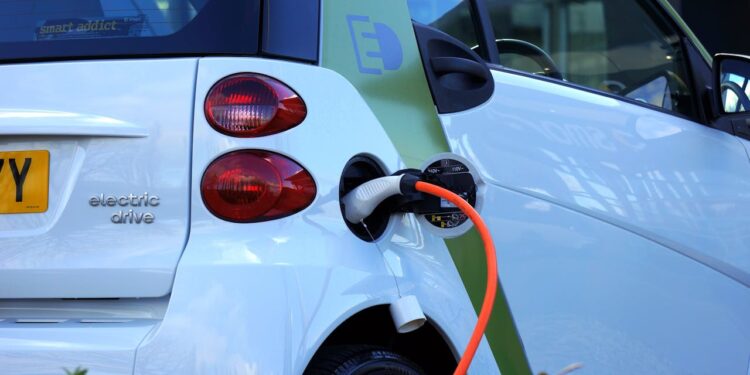Electric vehicles (EVs) are gaining traction worldwide, and Kenya is no exception. With rising fuel costs and increasing environmental awareness, more Kenyans are considering EVs as a viable alternative to traditional petrol and diesel cars. However, transitioning to an electric future presents both challenges and opportunities. Here’s a closer look at what lies ahead for EVs in Kenya.
1. Growing Interest in Electric Vehicles
Kenya’s interest in EVs has been on the rise, driven by factors such as:
- High fuel prices: The volatility of fuel costs has made EVs an attractive alternative.
- Government incentives: Lower import duties and tax incentives for EVs encourage adoption.
- Advancements in EV technology: Improved battery life and more efficient charging systems are making EVs more practical for Kenyan roads.
2. Challenges Facing EV Adoption in Kenya
Despite the growing interest, several challenges hinder widespread EV adoption:
- Lack of Charging Infrastructure: Kenya has a limited number of charging stations, making long-distance travel difficult.
- High Initial Costs: EVs are still expensive compared to their fuel-powered counterparts, making them less accessible to the average Kenyan.
- Limited Model Availability: The local market has fewer EV models available, reducing consumer options.
- Power Supply Concerns: Kenya’s electricity grid faces occasional instability, raising concerns about reliable EV charging.
3. Opportunities for Electric Vehicles in Kenya
While challenges exist, Kenya also has unique opportunities to embrace EV technology:
- Renewable Energy Potential: Kenya generates over 75% of its electricity from renewable sources, making EVs a truly green alternative.
- Expansion of Charging Infrastructure: Companies and government initiatives are gradually increasing the number of charging stations.
- Growing Second-Hand EV Market: Platforms like Auto24 Kenya offer a glimpse into the emerging second-hand EV market, making electric cars more affordable for Kenyans.
- Public Transport Electrification: Plans to introduce electric buses and motorcycles in public transport could significantly reduce emissions and fuel costs.
4. Government Initiatives and Policy Support
The Kenyan government is taking steps to facilitate EV adoption:
- Reduced Import Taxes: Lower duties on EV imports make them more financially viable.
- Investment in Charging Stations: Public-private partnerships are working to establish a network of charging stations nationwide.
- Encouraging Local Manufacturing: Kenya is exploring the potential for assembling EVs locally, which could drive costs down.
5. The Road Ahead for EVs in Kenya
The shift to electric mobility will take time, but progress is evident. With improved infrastructure, greater affordability, and continued government support, Kenya is on track to becoming a leader in EV adoption in Africa.
For the latest automotive news, reviews, and driving tips, visit Automag Kenya.




